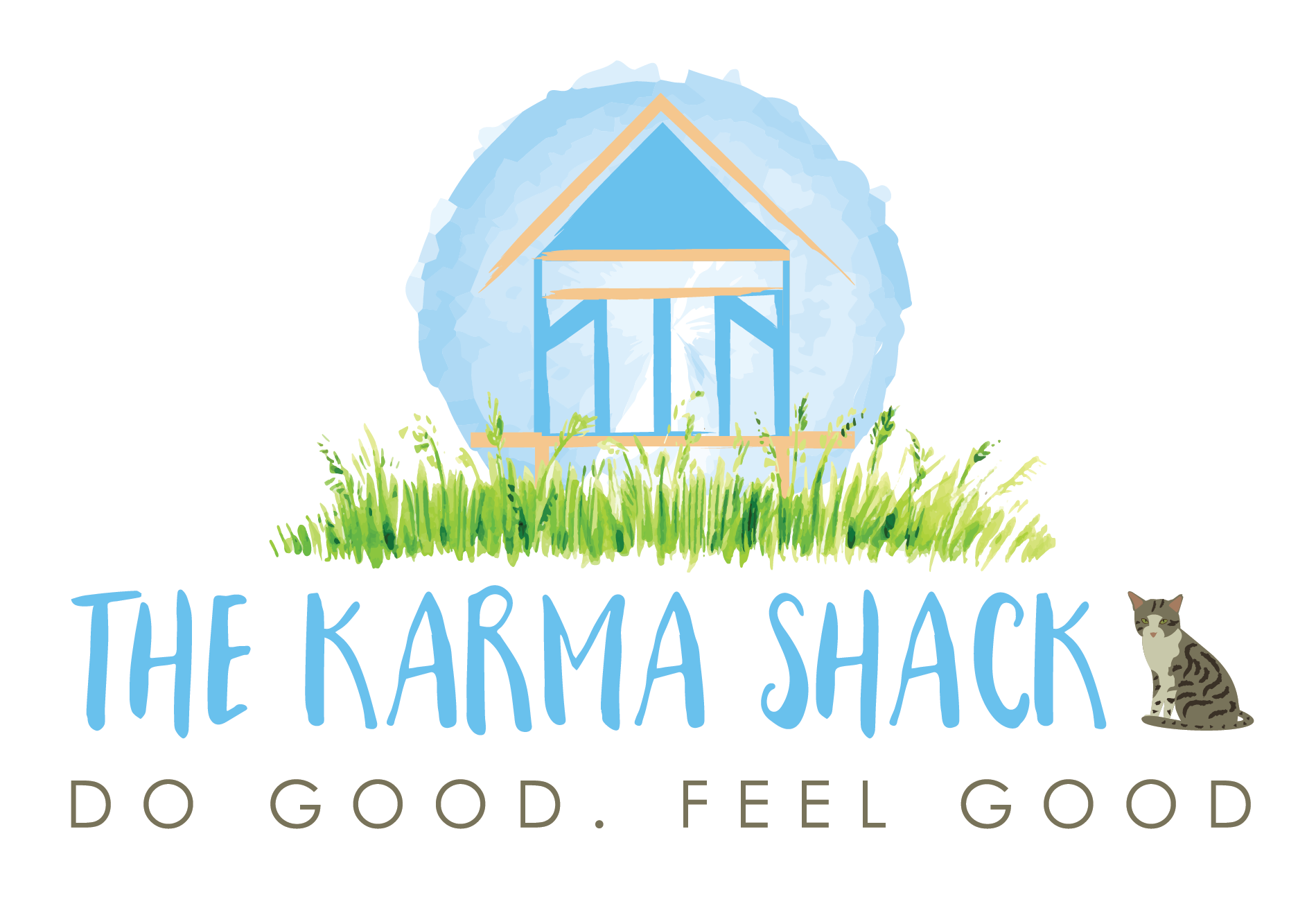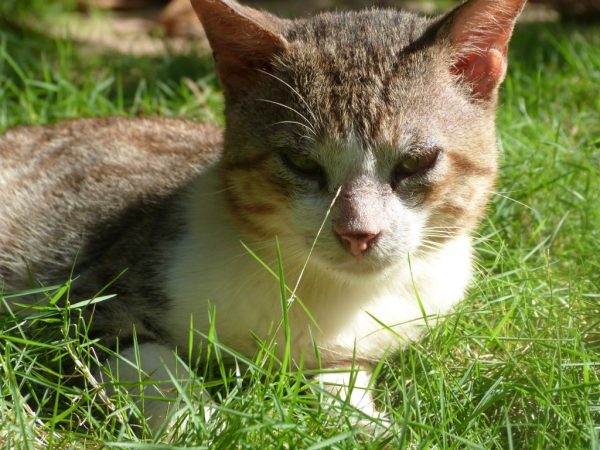One day, a yoga student came to me and asked me what I did to be happy.
She was entering a new phase in life: her children were leaving home and her marriage was ending. She was going to be alone for the first time in her life, and wondered how she’d be able to cope with that.
She didn’t ask me what made me happy—her words were well-chosen. She fully understood that our happiness does not come from sources outside of ourselves, like our relationships, career, or money in the bank. At this pivotal point in her life, she realised that she had to fully take charge of her own happiness.
Since I seemed happy to her, living by myself and running my own business without the loving support of a partner or family, she figured I might have some good advice. I felt honoured by her question.
We sat down in my yoga studio (where I always feel happy) and talked. I told her about all the small, mindful practices that I have integrated into my daily life over the years that bring me peace of mind and happiness. For now, I’d like to focus on just one of those practices:
Gratitude.
It’s a big one for me.
Gratitude is a much-used word these days. Every third quote on Facebook seems to mention it, and it is being posited as the secret to happiness.
If you just start being grateful, they say, happiness will find you easily.
Is it really that easy? Or is everybody just talking about it without really following their own advice? How many of them actually practice honoring the good things that happen to them on a daily basis? Is gratitude becoming a platitude?
Some people think gratitude as a recipe for happiness is bullsh*t. Not me.
Taking a conscious moment every morning and every evening to acknowledge my abundance is one of my favourite mindfulness practices, and one that I always share with my yoga students at the end of class. It cranks up my levels of happiness without fail.
In the morning, I take stock of all the things I have and can do every day, the constant factors in my life. From the privilege of living where I live to the fresh air I can breathe. From my health to my (relative) wealth to my lovely little yoga and massage studio, and everything that it allows me to do. It offers me so many opportunities for personal and spiritual growth—I get to learn and share, and deeply enjoy the fulfilment it brings me every day.
Throughout my day, I will stop myself for a moment to really appreciate something, whether it’s an intensely pink flower or a cup of jasmine tea, a ripe avocado brought by my landlord or a visit from the little girl next door.
Even though I’m mentioning objects or people here, the real focus of my gratitude practice is the experience that comes with them.
In the evening, when I lay my head on my pillow, I go through my day and highlight the pleasurable things that happened. Then, I fall asleep within five minutes of lying down.
Taking these moments to feel appreciative can help ground us and bring us into the present, take us out of our worrying heads filled with stressful thoughts, and give us short moments of relief and reset.
Some people say that we have to watch that we’re not making our gratitude prayers into a kind of shopping list of all the simple little things in life, but I don’t agree with that.
Giving thanks can go as deep or as stay as superficial as we like.
If our joy wells up over our dog or the oatmeal cookies we had with our tea, there’s nothing wrong with that. Louise Hay expresses gratitude for her bed every morning when she wakes up rested.
Some days there are big and profound things to be intensely grateful for, some days it’s a whole list of tiny, seemingly insignificant things that add up to a giant feeling of wealth and happiness.
We can give recognition for personal things, or for things happening out in the world.
And if we really cannot come up with a single thing to honor about our day, then we can still acknowledge the wealth of having two eyes, two feet, 10 fingers, or a mouth to speak with—or just the simple fact that we woke up this morning (because some people didn’t—just saying). We can always find something to be grateful about.
The act of focusing on what feels good does several things that are beneficial to our emotional and mental well-being.
When we look at all the good things in our day, we don’t dwell on the bad things. Especially at night, before bed, remembering the good stuff can save us hours of sleepless rumination over things that went wrong during the day. When we focus on gratitude, these thoughts just don’t get space in our head.
I’m not saying that we should deny and push away the bad stuff in our lives. But, it makes more sense to address these issues during the day, with a fresh mind and waking hours ahead of us, instead of just before we want to sleep.
Secondly, and this one is big, gratitude sits at the other end of the emotional spectrum of desire, want, need, and lack.
I don’t think anyone will deny that all of those emotions are recipes for unhappiness.
When we focus on our unfulfilled desires (material wealth, a loving partner, success), we find ourselves in a mindset of lack and poverty until we get or achieve all those things, even if we already have plenty to be grateful for.
Constantly generating new needs and desires creates a never-ending cycle that may temporarily connect us with happiness as a need is met, but will always leave us wanting more. A gratitude practice takes us away from that attitude of not-enough, and will make it easier to stand still in contentment for longer periods of time.
Simply put, gratitude implies fulfilment.
I would love to hear from you what you would put in your gratitude prayer. Please share them in the comments below!
“We can only be said to be alive in those moments when our hearts are conscious of our treasures.” ~ Thornton Wilder



